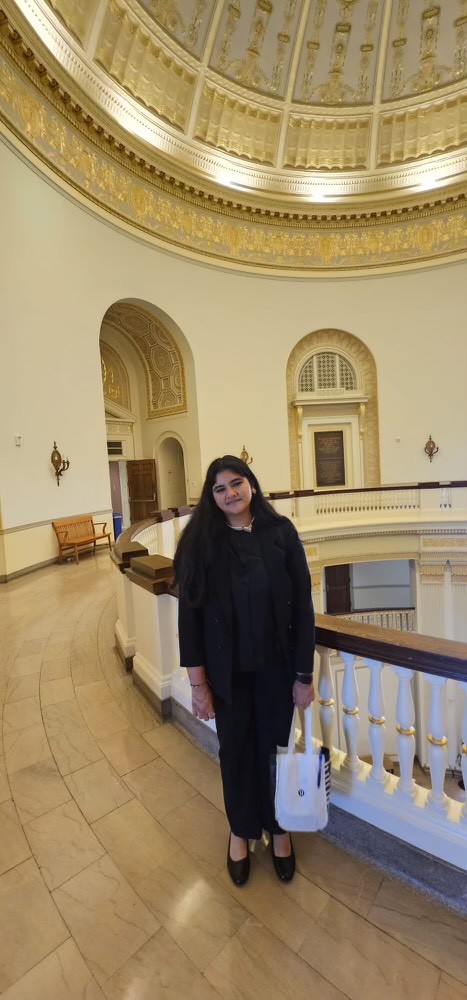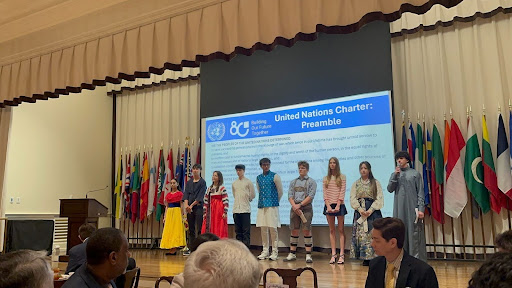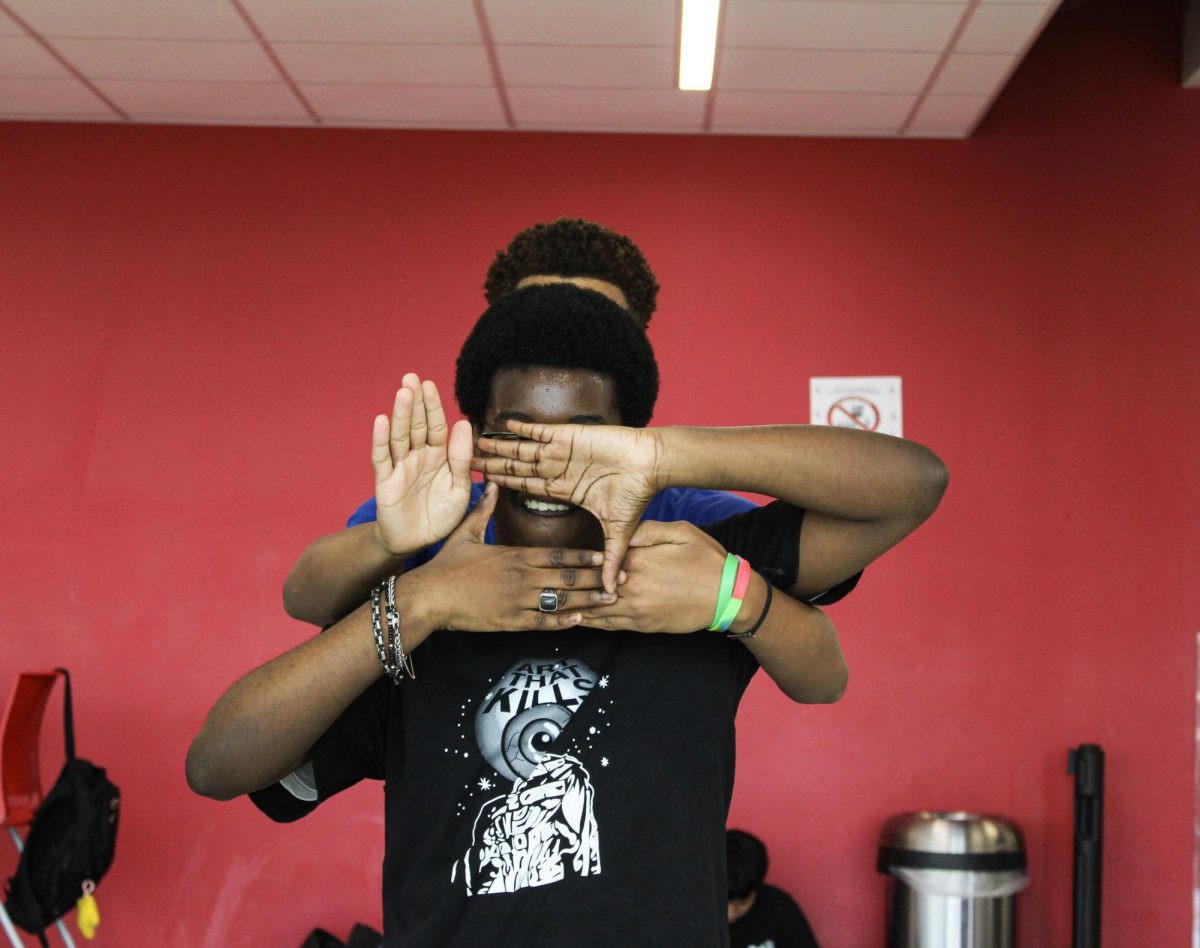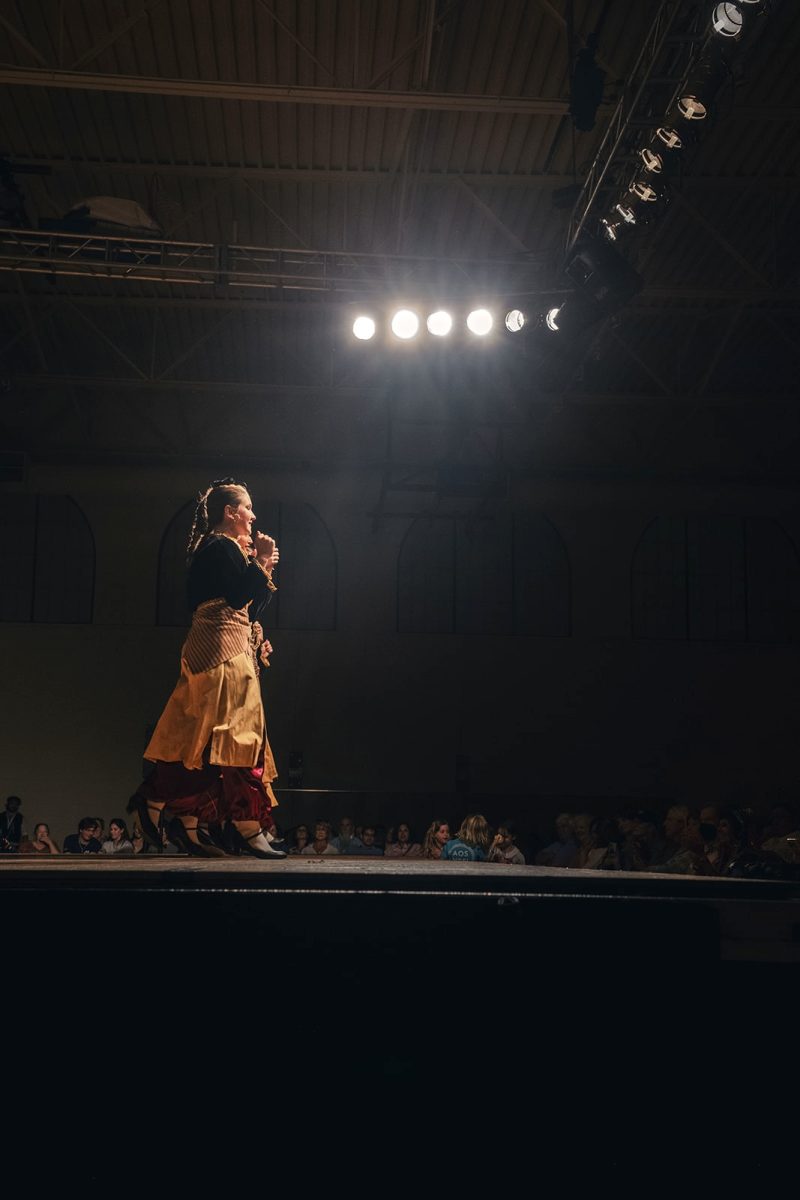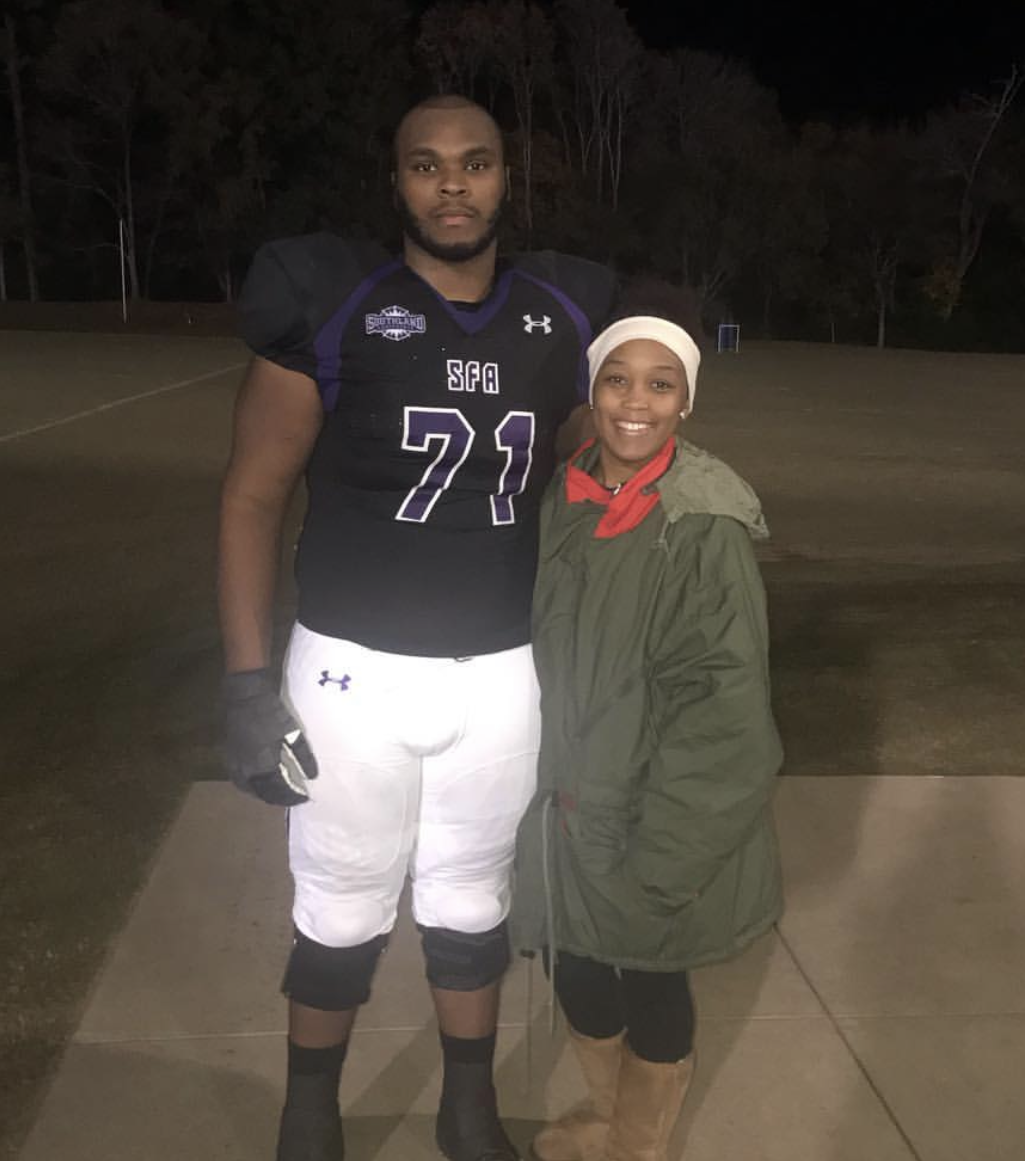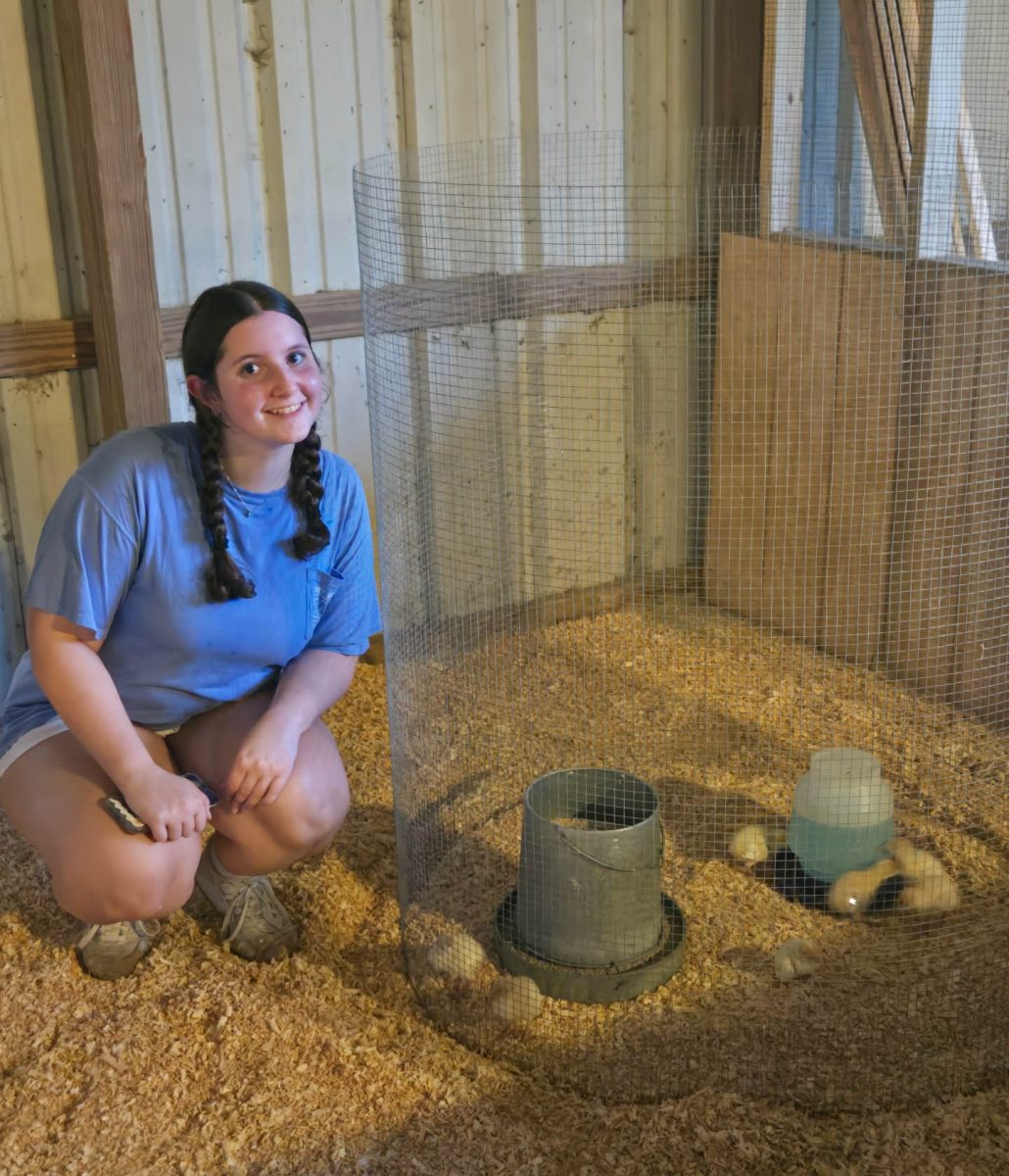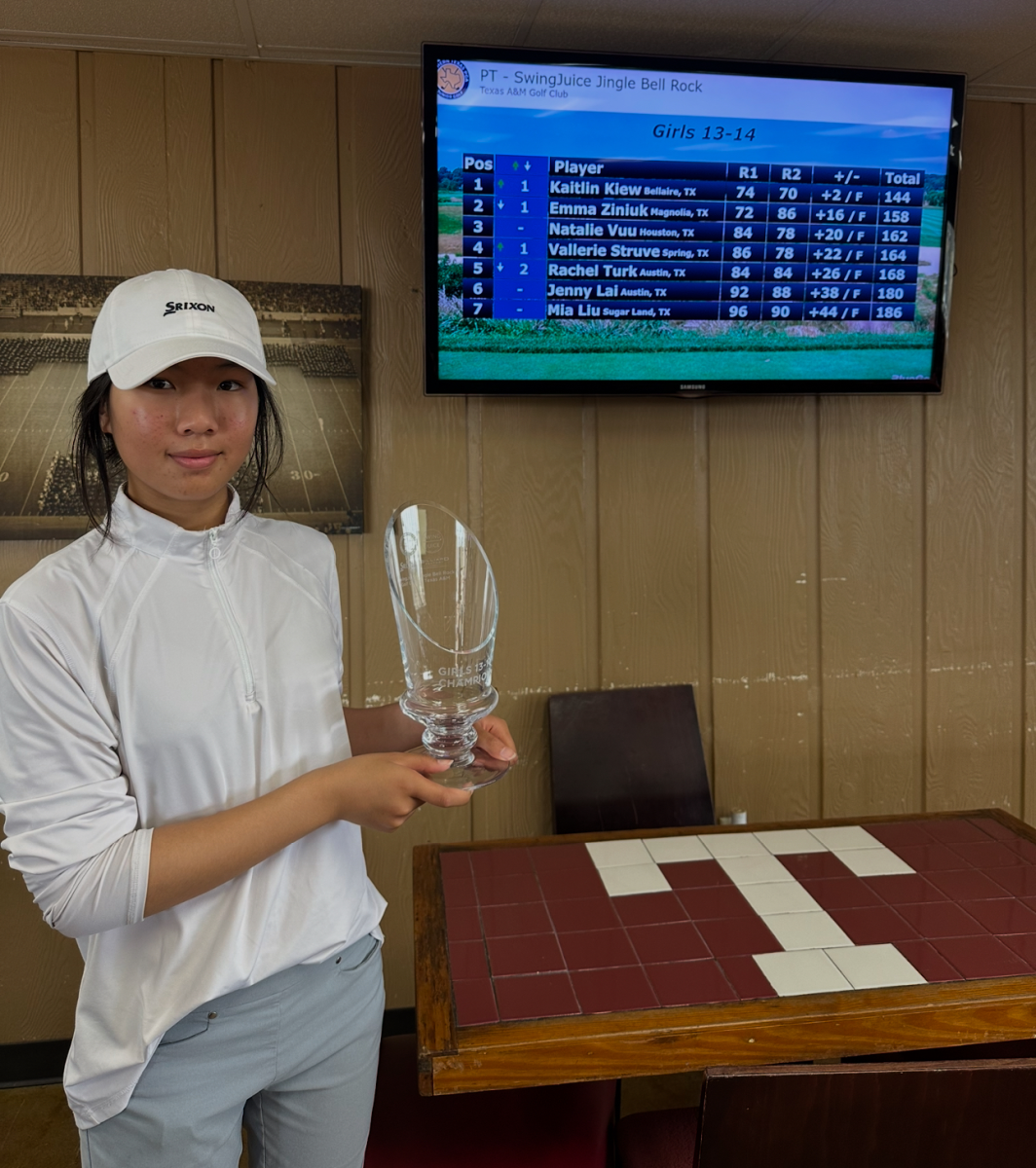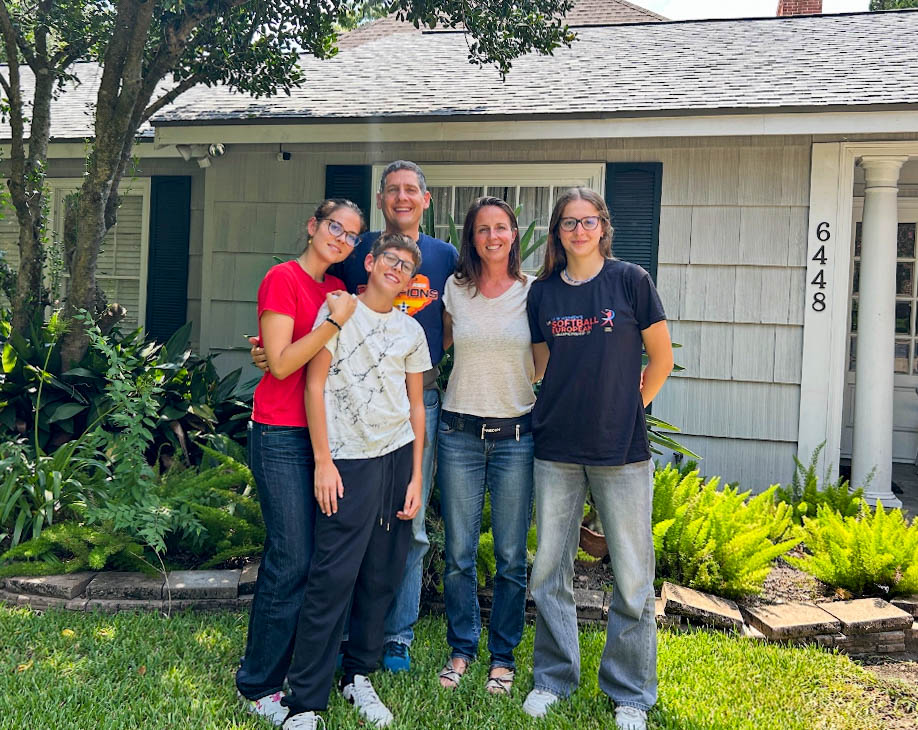She buried her head in her hands, all hope lost.
A dark cloud loomed over her head as she sat in the cafeteria’s plastic chairs. The tears flowed and she heard a voice telling her it was over; she could never win.
An hour later, they were tears of joy and the voice was muffled behind the chants of victory.
Sophomore Areesha Memon won a plaque and advanced to the Quarter-Final round at the South Central Competition for Reagan Debate for Reagan Debate on April 13 in Dallas.
Reagan Debate, also known as Great Communicator Debate, is a style of debate where competitors communicate ideas on current issues using logic, evidence and personality. While most styles of debate are offered at the National Speech and Debate Association (NSDA) National Tournament, Reagan Debate is part of its own circuit.
At the South Central Competition, debaters competed in four rounds. After the first two rounds, the debaters went into power matches where competitors debated an opponent with an equal amount of wins. The power matching allowed debaters to gauge how well they had done in the previous rounds based on the level of difficulty when debating their opponent.
Memon said her experience on the day of the tournament was emotional.
“It was a roller coaster,” Memon said. “I thought that for the first two rounds, I did really well, and then the third round, I was matched with somebody that was not that good. So I thought, ‘Okay, I’ve lost [the first two rounds].’”
Nevertheless, Memon persisted.
“Then I was like, ‘You know what,’” Memon said. “‘I’m gonna try my hardest in round four.’ I obliterated my opponent, and when results came out and they told me I advanced, I was crying so much.”
Memon says the tournament was competitive, especially because debaters came from several different places across the United States. To prepare, she attended a few coaching sessions with Bellaire’s previous debate coach, Jay Stubbs, and participated in practice rounds with a friend.
“There were some really good people,” Memon said. “It was a safe tournament for first-time [debaters]. But once those first-timers got out, it was all the competitive people. The guy that I went against in quarter [finals] won Reagan last year.”
While she is typically a congressional debater, and even qualified for the Texas Forensic Association’s (TFA) State last year, Memon wanted to try a new style of debate. She took interest in Reagan Debate last year when Stubbs showed her a video of the Reagan Debate National Tournament from the previous year.
“I was watching [the debaters], and I was like, ‘Wow, I want to be them,’” Memon said. “‘They’re so articulate, and it just looks like something I could do.’”
Memon said her interest in debate began in her eighth grade English class when her teacher asked students questions about a book they were reading and Memon spun it into a debate.
“I would be yelling at my friends, [and] then I was like, ‘Oh my God, I need more of this. I love this,’” Memon said. “That’s why I joined debate.”
Memon feels joining debate makes her feel like she can actually make a difference.
“Going through school, you’re not really taught to think,” Memon said. “I feel like debate has taught me to think. I have a better view [on] politics and this country and other countries, and I just love knowing things.”


